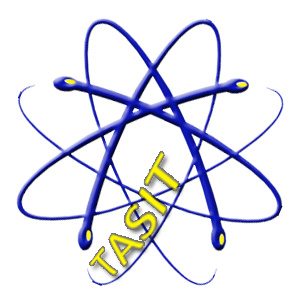
Oral Session A : Friday March 22, 2013 / 16:00 - 17:00
| 25 | An Efficient Hardware Implementation of MQ Encoder for JPEG2000 System |
Layla Horrigue Taoufik Saidani Mohamed Atri | |
Abstract: For instance the JPEG 2000 [1] is the latest international standard for still image compression supporting a rich set of features. Compared to existing JPEG image compression techniques, this standard not only has better compression ratios but also offers some exciting features. The MQ encoder of the JPEG2000 [1] standard is an important bottleneck for real-time applications. In order to meet the real-time requirement, high speed MQ coder architecture must be designed carefully. This paper is organized as follows: Section 2 provides an overview of the standard JPEG 2000 and the MQ coder. Section 3 describes the software analysis of MQ coder algorithm. The proposed architecture of MQ coder is presented in section 4. In section 5 experimental results are furnished and are compared with other architectures. Finally, conclusions are drawn in section 6. | |
| 77 | A Video Coding scheme based on Turbo and Arithmetic codes |
Cyrine Lahsini Sonia Ammar Ammar Bouallegue | |
Abstract: In recent years, with emerging applications such as multimedia sensors networks, wireless low-power surveillance and mobile camera phones, the traditional video coding architecture in being challenged. In fact, these applications have different requirements than those of the broadcast video delivery systems: low power consumption at the encoder side is essential. In this context, we propose a transform-domain video coding scheme which fits well in these scenarios. In this system, both the arithmetic and turbo codes are used to encode the video sequence’s frames. Simulations results show significant gains over DCT-based Wyner-Ziv video coder. | |
| 79 | Performance evaluation of KK-code in linear network coding |
Aicha Guefrachi Sonia Zaibi Ammar Bouallegue | |
Abstract: Network coding is a new research area that may have interesting applications in practical networking systems. With network coding, intermediate nodes has the opportunity to send a packet that is a random F-linear combination of packet it received. Thus, a corrupt packet may contaminate other packets when coded with them and a phenomenon of error propagation was introduced. In this case, conventional coding techniques are inadequate and a new coding theory for error correcting was proposed in the context of a non-coherent transmission model for random linear network coding. In this paper, we prove the power of such constant dimension subspace code (kk-code) in terms of code correction capability without the basic knowledge of network architecture and its performance for large networks in terms of packet error rate (PER). | |


Associated Laboratories
 |
 |
 |
 |
Gold Sponsors
 |
 |
 |
 |
 |
|||

![[Alternative text]](../lib/images/photos/tunisieBanners/1.jpg)
![[Alternative text]](../lib/images/photos/tunisieBanners/2.jpg)
![[Alternative text]](../lib/images/photos/tunisieBanners/3.jpg)
![[Alternative text]](../images/templatemo_banner.png)